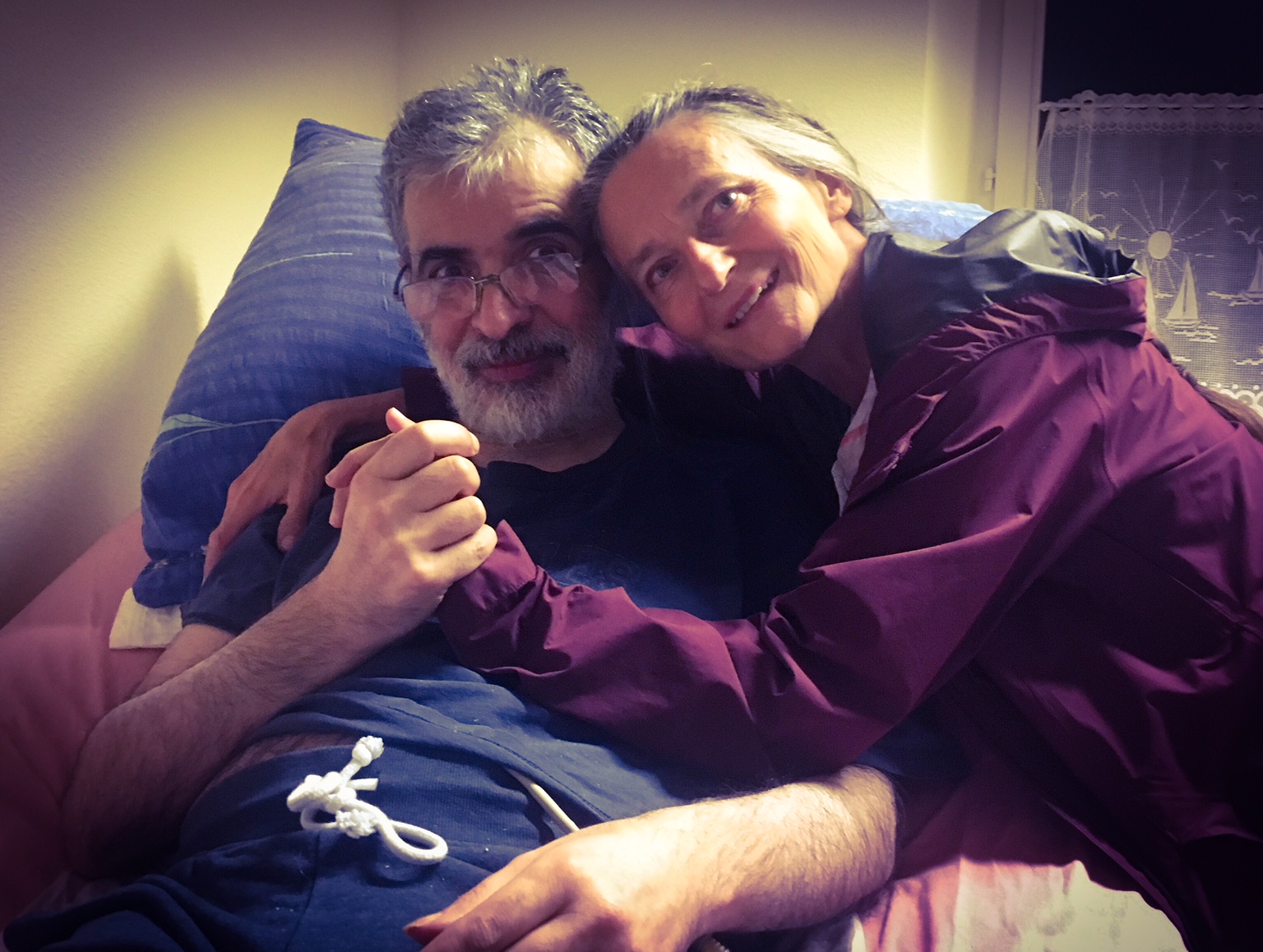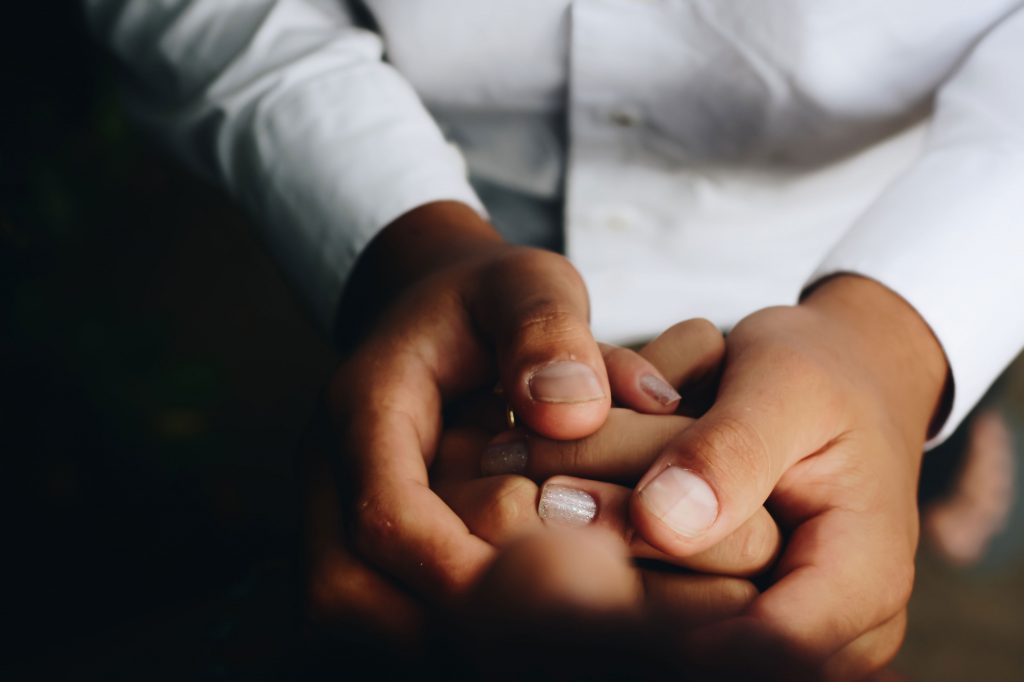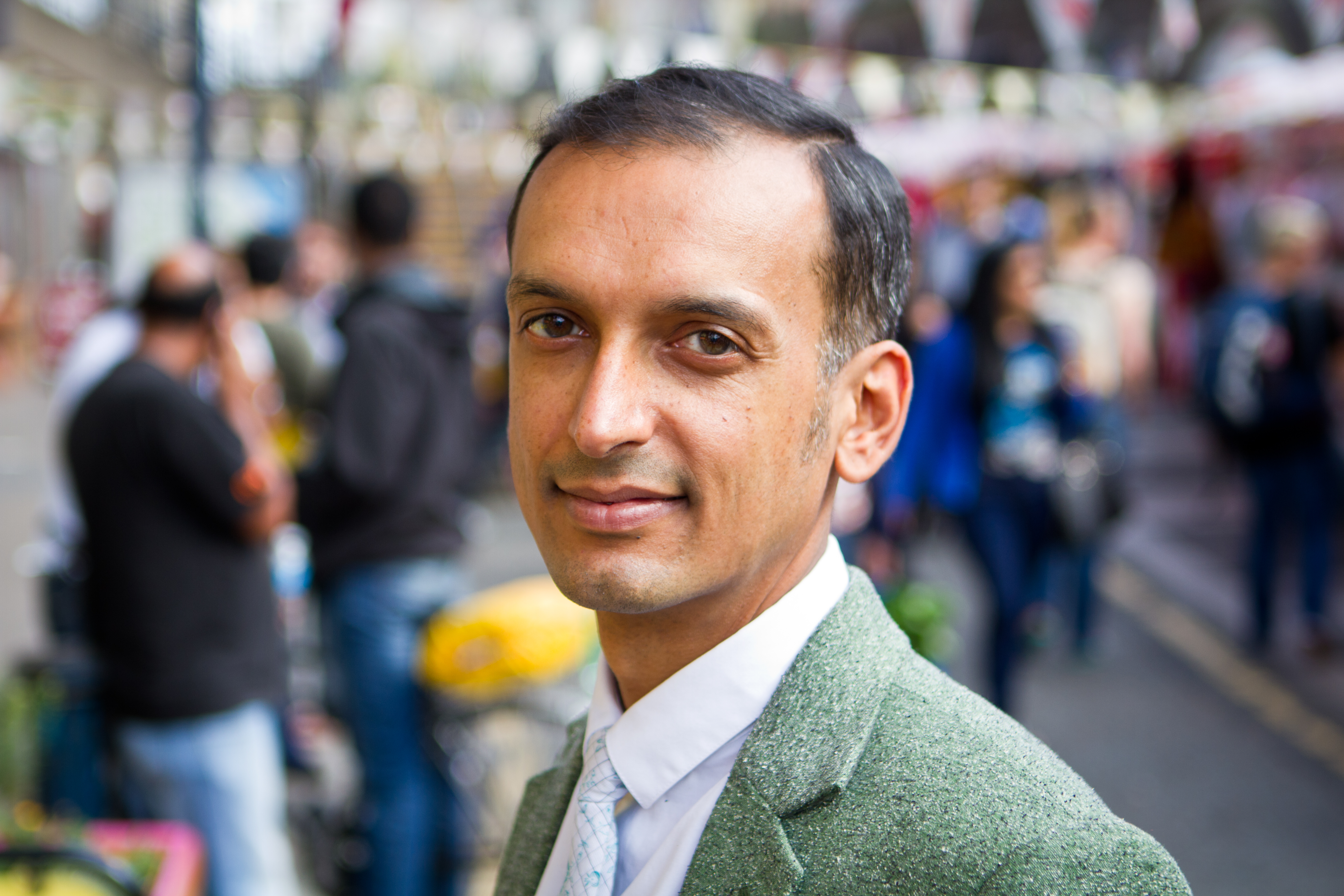A prominent assisted dying campaign has ended his life peacefully, after travelling to an assisted dying clinic in Switzerland.
The British citizen has been a vocal campaigner pushing for the right to die in the UK and has a legal case at the high court challenging the illegality of assisted dying.
Omid was diagnosed with multiple system atrophy, a neurodegenerative disorder, in 2014. The non-terminal condition left him confined to bed and unable to walk and talk, and requiring daily personal care.
He could, however, live for another ten to 15 years and his high court case specifically focused on assisted dying for people in the UK with non-terminal conditions and illnesses.
Assisting Suicide is Illegal in the UK
The right to life is protected by Article 2 of the Human Rights Convention – it states, ‘everyone’s right life shall be protected by law’.
There is no right to die and under the Suicide Act in 1961 it is a criminal offence in the UK to assist or encourage another person to take their own life. Anyone who breaks this law could face up to 14 years in prison.
There have been numerous attempts to change the law, through the courts and in parliament – in September 2015 330 MPs voted against plans that would have enabled some terminally ill adults to end their lives under medical supervision, with 118 MPs voting in favour.
Is Dying with Dignity a ‘Fundamental Human Right’?
“It’s a heroic story, as well as tragic”
“He held off wanting to end his life to fight for his right to die at home”
Campaigners @Humanists_UK following the death of Omid at a clinic in Switzerland.
He had wanted the right to die in the UK pic.twitter.com/5xXJuOuaTS
— Victoria Derbyshire (@VictoriaLIVE) October 5, 2018
Andrew Copson, Chief Executive of Humanists UK, which has supported Omid’s legal challenge, said: ‘It is a tragedy, and also a national scandal, that Omid had to go to Switzerland to die with dignity. His desire was for a peaceful ending to his life here in England and his case underscores the need for our Parliament to allow people in his position the dignity of choice in their own country.
‘While not terminally ill, Omid was suffering immensely from his condition. He was bedridden, unable to move without assistance, in pain every day and found his life intolerable.
Deing able to die, with dignity, in a manner of our choosing must also be understood to be a fundamental human right.
Andrew Copson, Humanists UK
‘Of course, in any assisted dying law there must be strict legal safeguards in place. But being able to die, with dignity, in a manner of our choosing must also be understood to be a fundamental human right. Omid’s fight to change the law and claim that right for all of us will be his enduring legacy.’
Phil Cheatle, of My Death-My Decision, an organisation campaigning for a change in the law and also supporting Omid’s legal case, said:
“Omid faced a tragic situation. Multiple Systems Atrophy is not a terminal illness, in the sense of having six or fewer months left to live, and Omid faced potentially many more years of increased suffering. Unfortunately, palliative care was ineffective for Omid and people in his situation deserve better options than he had today.”
“It is not acceptable that the UK’s law makes tragic situations like this worse – for both the people who are suffering, like Omid, and their families. The person concerned is denied the good death they desire by being forced to continue suffering against their will. Their families have to either watch their loved ones continual suffering, or if asked, help arrange a legally risky trip to Switzerland.
“All Omid wanted was a peaceful end, given his hopeless situation. Tragically he was unable to adjust to his condition, which contributed to making his suffering unbearable for him.’
The so called ‘right to die’ may subtly become the ‘duty to die’.
Baroness Campbell, Founder, Not Dead Yet
However, opponents of assisted suicide, such as Care Not Killing, argue that current laws protect vulnerable people.
“Legalising assisted suicide is dangerous because such law places pressure on vulnerable people to end their lives, to avoid being a burden upon relatives, carers or a state that is short of resources. The evidence from other jurisdictions demonstrates that the so-called ‘right to die’ may subtly become the ‘duty to die’.”
Baroness Campbell, founder of the organisation Not Dead Yet has previously told the BBC “disabled people want to be valued by society and would see any legal change as a real threat”.
“We already have to fight to live; a right to die would be a huge and frightening burden.”
A court order prevents the name, address, or schools of Omid’s wife and children, or any personal details about them.








